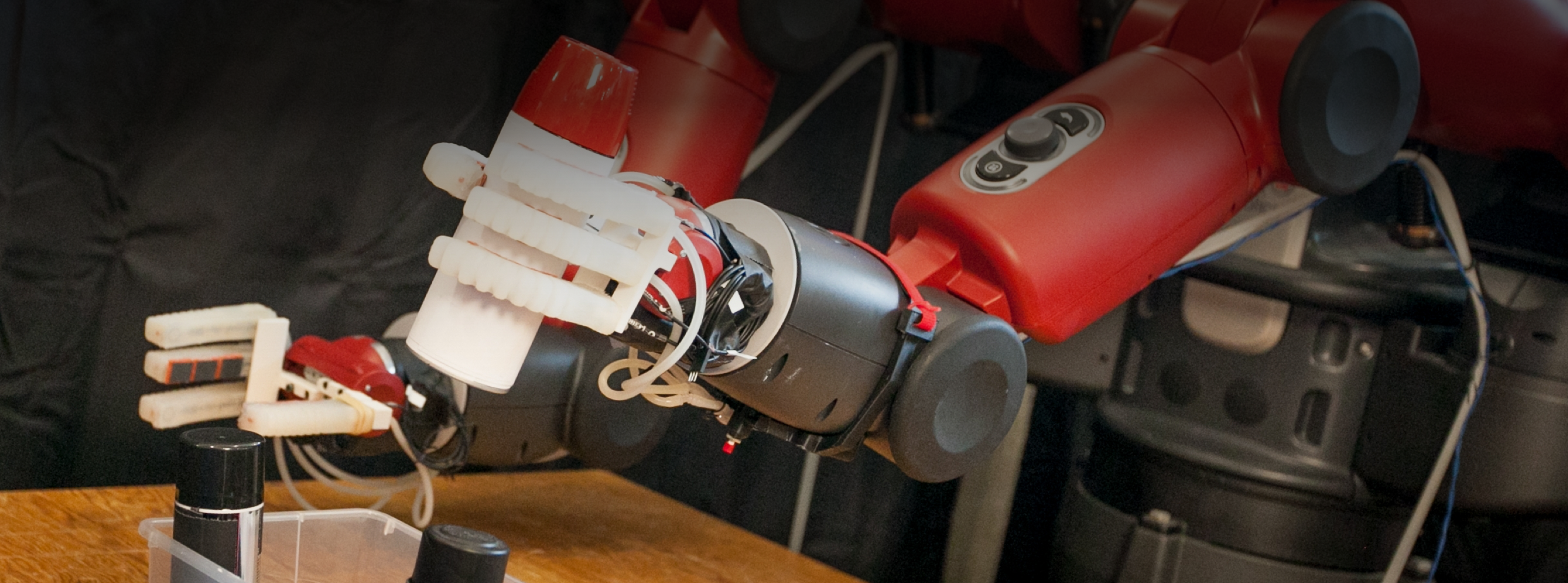Lucas Liebenwein first discovered his passion for robotics as an undergraduate student in mechanical engineering at ETH Zürich in Switzerland. Liebenwein said he enjoys his mechanical engineering background because his studies provided a broad range from math and physics to controls and robotics.He credits this education with helping him draw parallels in his research across the several different disciplines.
Liebenwein’s research is focused on providing a deeper understanding of neural networks that will enable us to design efficient, safer, and more interpretable algorithms for deep learning.
“I imagine a future where deep learning is ubiquitous and changes our society for the better,” Liebenwein said.“However, to get there, we need to make sure that our algorithms work as intended, and we can trust them in making the right decisions. This is currently a major blocking stone in utilizing neural networks for safety-critical applications like autonomous robots, medical applications, or the finance sector, where wrong decisions can have catastrophic consequences.”
Liebenwein is driven by the prospect of bringing AI and robots to our daily lives in a way that society can benefit. He said that he believes we can use automation, robots and computer technology in a way that machines will take care of the physically intensive and repetitive tasks that humans can struggle within their jobs. This will open up the opportunities for humans to engage more with each other, while machines do “the actual work,” according to Liebenwein.
Liebenwein said that in order to get there, we need to work harder in understanding the physical world around us. He also mentioned the importance of understanding current AI algorithms to develop better machine learning tools that can actually deal with the vast complexity of our environment.
Daniela Rus, Andrew (1956) and Erna Viterbi Professor of Electrical Engineering and Computer Science and CSAIL Director, advises Liebenwein. Liebenwein acknowledges Rus as a wonderful advisor who provides the guidance he needs for success.
“[Daniela] has a very good sense for the big picture and never loses sight of the objectives,” Liebenwein said. “This is extremely helpful as sometimes you may get lost in the details since you are so deep into the research. One thing that stands out, which I learned from Daniela, is to be precise and concise in explaining my objectives and goals. This is undoubtedly something I will be able to use beyond my academic career.”
Upon leaving CSAIL, Liebenwein is leaning towards work in industry, joining a company in the area of AI and/or AI applied to robotics. He is open to anything that provides him with the ability to work on algorithms that have a positive impact on society.
“I am really passionate about digging into details trying to understand as much as I can to improve our existing algorithms,” Liebenwein said.“My motivation really comes from the prospect of applying those algorithms in the real world one day.”

